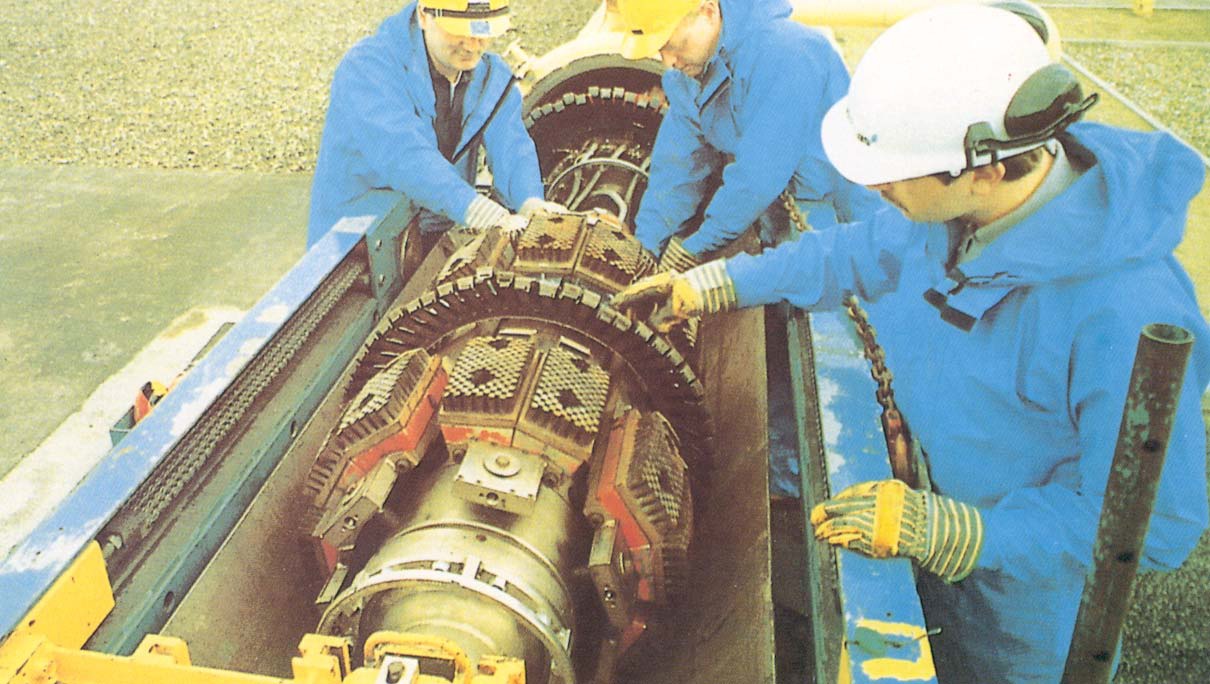Corrosion behaviour of nickel and its alloys in HCl and its prevention by natural rosemary oil
Acid solutions are widely used in chemical industry to eliminate mill scales from metallic surface. The inclusion of inhibitors suitable secures the metal against an acid corrosion. Usually acid inhibitors are organic compounds comprising of nitrogen, oxygen and sulfur. These compounds are adsorbed on the metallic surface blocking the active corrosion sites. Due to toxicity of organic compound, an increasing search for agree corrosion inhibitors. Inhibitors are environmental friendly and received from nature like plant extract.
The successful use of clove oil as corrosion inhibitor of nickel and its alloys in 0.1M HCl solution. The electrodes were fixed to Pyrex glass tubing using neutral wax. Exposed surface areas were 0.126 cm2 for nickel, 1.43 cm2 for Inconel 600 and 0.18 cm2 for Inconel 690. Chemicals used were A.R. quality. The solutions were developed using twice distilled water and no tests were made to deareate them.
Potentiostatic and poteniodynamic anodic polarization tests were performed. The effect of acid concentration on the corrosion factors like corrosion potential (Ecorr), corrosion current density (Icorr), corrosion rate (Rcorr) and anodic cathodic slopes are listed. With increase in HCl concentration, the values of corrosion potential (Ecorr) is almost constant, Icorr increases and as a result Rcorr increases. It refers that hydrochloric acid accelerates the dissolution of nickel and its alloys. It is also evident that at one and same concentration level of HCl solution the corrosion rate decreases in the following order:
Inconel 690 > Inconel 600 > Nickel
It states that Inconel 690 offers higher resistance to HCl than Inconel 600 and Nickel. The influence of increasing concentration of rosemary oil on anodic and cathodic polarization carries of Nickel in 0.1 M HCl is evaluated. It is found that polarization curves are shifted toward more negative potential and less current density upon inclusion of Rosemary oil. It confirms the inhibitive action of the Rosemary oil toward the acid corrosion of nickel and its alloys.
The corrosion resistance of Hastelloy C22 bar, and Inconel 600 in 0.1M HCl comprising different concentrations of Rosemary oil were calculated. Wit increase in Rosemary oil concentration, Ecorr is migrated towards more positive direction, Icorr reduces and hence I.E. increases. It shows that the preventive effect of this oil and IE increases with increase in Rosemary oil concentration. Values of anodic and cathodic electrodes reduces with increase in concentration of Rosemary oil. It means that these compounds influence cathodic and anodic process. These compounds act mainly as mixed type inhibitor.
With increase in concentration of chloride ion, there is a remarkable increase in current density at density at definite potential showing the passivity breakdown at definite potential showing the passivity breakdown and initiation of pitting corrosion. The higher concentration of chloride ion results into more shift of pitting potential towards the active direction. The breakdown of passivity could be featured to the adsorption of chloride ion on the passive layer developed on the steel surface that develops an electrostatic field across film or solution interface.


